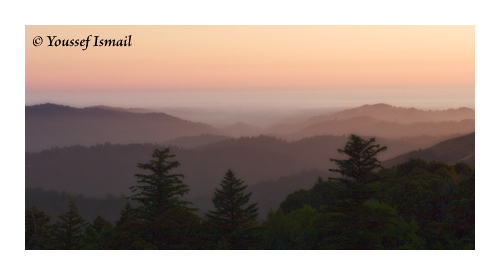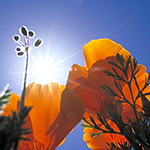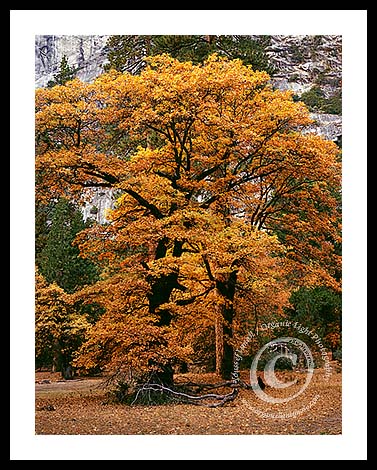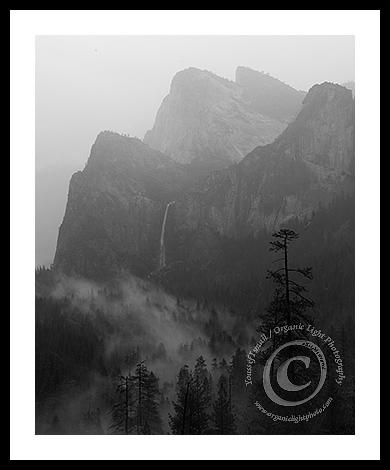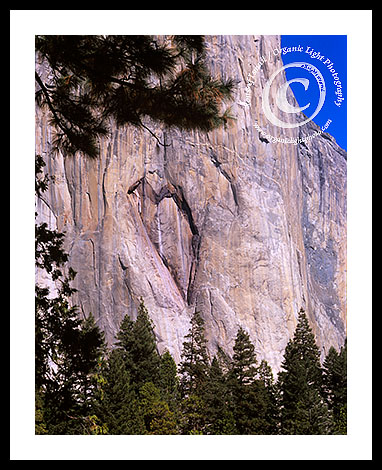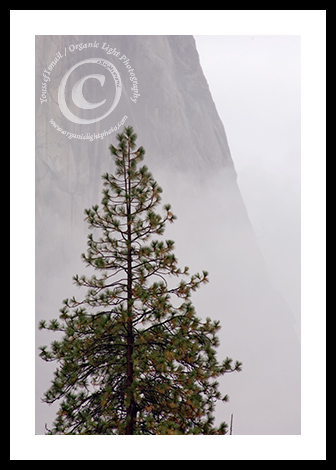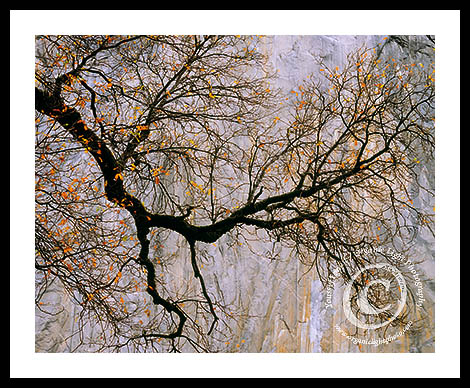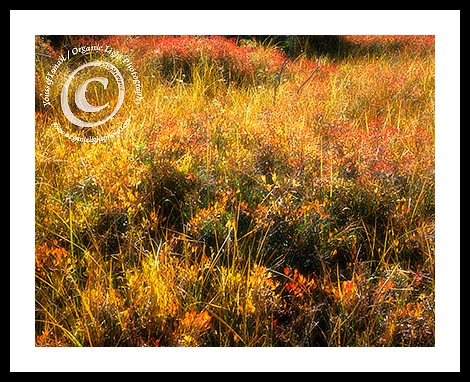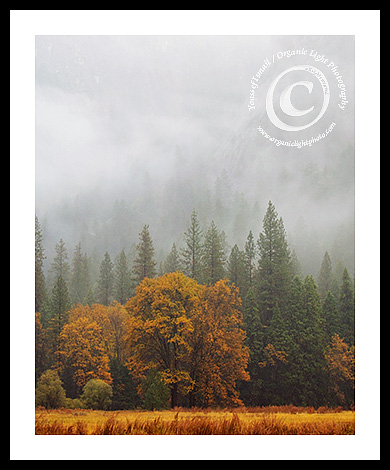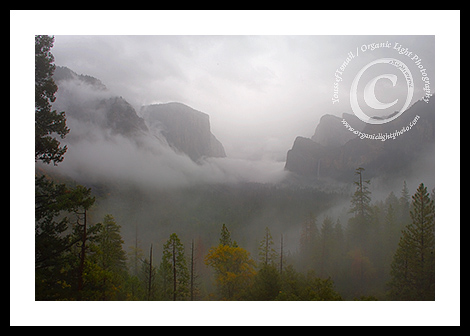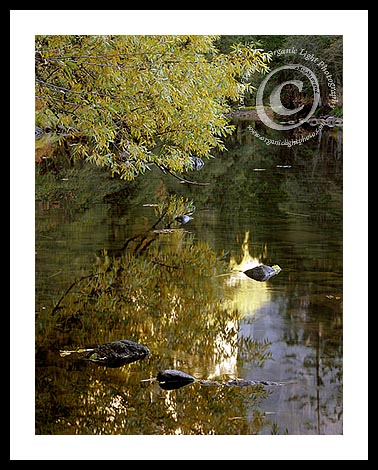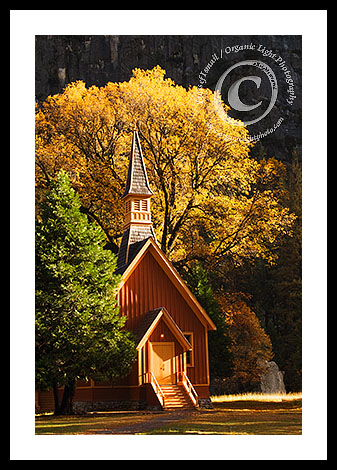Speaking Softly
Photography is an amazing medium to work in. It takes planning. Choosing a location is always a gamble. Conditions change every moment. The light, the very thing that is worked with, is a living thing that interacts with everything it touches, and yet you can’t touch it, hear it, smell it or taste it and for that matter you can’t see it either until it interacts with something. I enjoy the light. I chase after it as often as I can. Using a big camera, like the 4×5, takes a considerable amount of work. It’s fairly heavy and schlepping it around can be a job. It is a slow camera to use. It takes time to set it up, compose with it, focus it and even photographing with it as shutter times are usually on the slow end requiring a tripod. Once it is setup, you have an investment in time involved that you want to capitalize on so you sit there and wait for the event you came to capture and hope it was all worth it. It is very different than a digital camera or even a smaller format film camera.
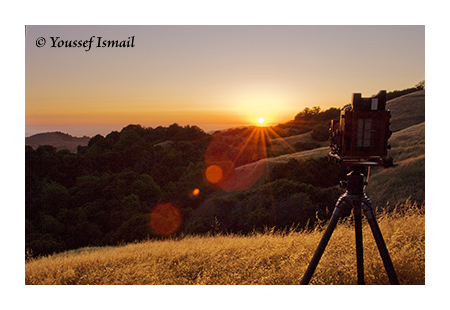
Russian Ridge
With that big camera, you wait for the light to come to you rather than you trying to capture the light as it elusively slips by. Smaller cameras on the other hand allow mobility and spontaneity. They allow one to capture that decisive moment before it slips away. And I think that is what has made small camera photography so popular and special, it allows us to capture that “Kodak Moment”. Even though some of the best photographs made by some of the best photographers in the world were done with a 4×5, there is no denying the versatility and popularity of the small camera.
As I waited that evening for the new crescent moon to appear, I was glad to have a digital camera with me as well. It not only allowed me to capture and share the new moon in the previous post the same night, but also allowed me to capture the subtleties of light that played in the fog mixing into the coastal mountains.
Yes large format photography is wonderful and becoming more unique. It still allows the most stunning prints to be made. It slows the photographer down in the whole process and, by necessity, forces the photographer to become part of the scene before it is captured. But with both formats on hand, while waiting for the moment to trip the 4×5 shutter, the smaller format allows me to capture everything that is going on around me. Do the smaller images compare in quality delivered from the 4×5? No. But none the less, words spoken softly can still have more impact than saying nothing at all. And when what you say is said with light, you’d better have a way to say it.
